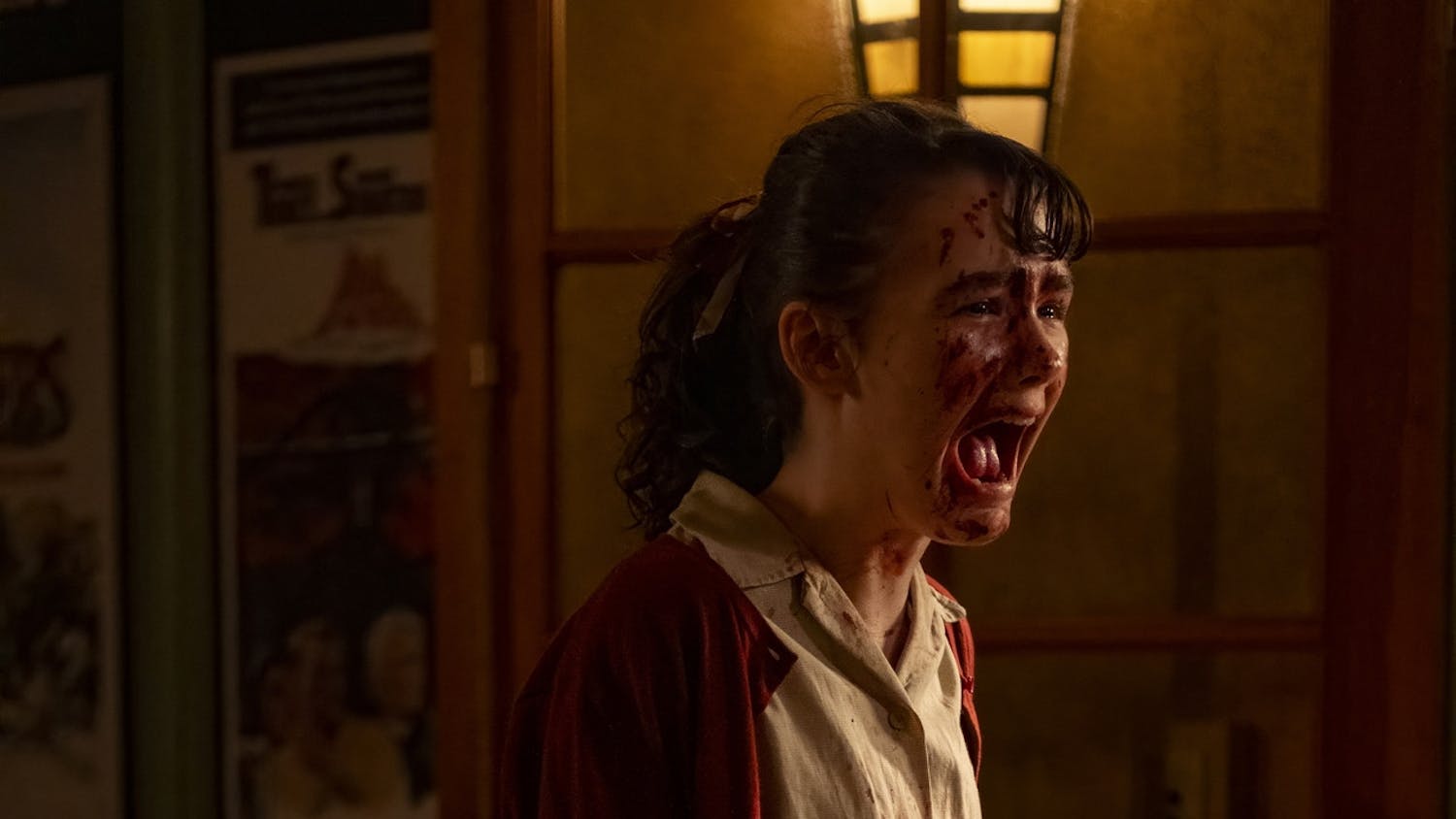As a 15-year-old in Romania, Lenke Rosenblum, now Lenke Glodowski, was working in a nearby town to help support her mother and three younger siblings. She would return home on the weekends to reunite with her family, but one weekend she arrived home to find her family gone. She would never see her family again.
Glodowski, along with a group comprised of Jews and Gypsies were marched from Romania to Germany and taken to Bergen-Belsen Concentration Camp (a 16-hour drive) where she would stay until the camp was liberated.
Julia Averbach, a junior studying retail, is Glodowski’s granddaughter, and is reflecting on the past and remembering her grandmother’s story as Holocaust Remembrance Day approaches Sunday — though it’s not history she forgets.
Glodowski suffered from tuberculosis when the camp was liberated and she was sent to Sweden. She stayed there for two years before her Cuban uncle found her at a convention held by the Red Cross.
“After camps were liberated, the government attempted to help survivors connect with their families,” Averbach said. “(Glodowski) always went to the conventions to try and find her family, but never did. The only thing she can assume is that they died.”
About six million European Jews and millions of others affected by the Nazis, were killed during the Holocaust. Those who survived were left to move forward, often without family members.
Comprehending the extent of the Holocaust and thinking about the past can be painful and difficult, said Lauren Goldberg, engagement professional for Hillel at Ohio University.
“I think this is true for human tragedies both past and present, because it's easier in some ways to not truly grasp the humanity in others who are suffering or who have in the past,” she said. “By formalizing the recognition of the Holocaust, it forces us to confront this fact of history and to hopefully be able to carry that intentionality of never allowing this to happen again, into action.”
Glodowski now has dementia, so all the family has are the stories and memories to share by word of mouth, Averbach said.
“It’s incredible what you can learn over time, but as a young adult, it’s my responsibility to my family and religion to take the knowledge I know and tell her story, because it’s also my story,” she said.
The greatest lesson Averbach said she learned from her grandmother was to make the most of what life provides.
“Being Jewish has formed me into the person I am, but it’s not even that I’m orthodox; it’s in my blood and who I am,” she said. “Life is rare and unexpected and opportunities come, and you have to make the most of them.”
@thisisjelli
ao007510@ohiou.edu






